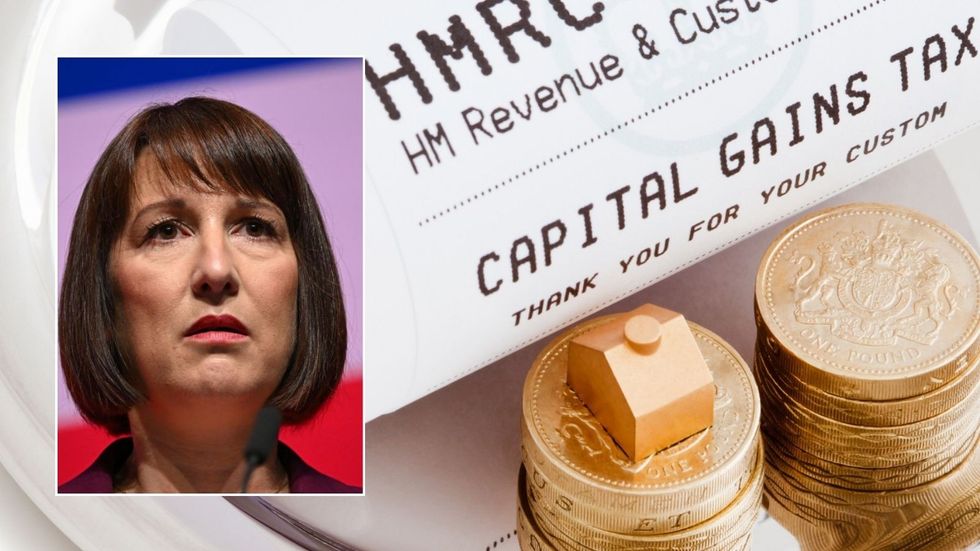Chancellor Rachel Reeves has confirmed a significant increase in capital gains tax (CGT) rates for shares and other assets in her Budget today.
The main rate of CGT, which covers shares and various assets, will rise by several percentage points from its current 10 per cent and 20 per cent levels to 20 per cent to 24 per cent for those basic and higher rate taxpayers, respectively.
However, the Chancellor has opted to maintain the existing rates for residential property at 18 per cent and 28 per cent.
The levy is a tax on the profit when you sell, or dispose, of something an that has increased in value. The gain someone makes is taxed, not the amount of money they get.
Assets include the majority of personal possessions worth £6,000 or more, second homes, primary homes if they are let out, business assets and any shares not included in an ISA.
Prior to today, higher rate taxpayers pay CGT at a rate of 28 per cent gains from “carried interest” if they manage an investment fund and 20 per cent on gains from other chargeable assets.
Do you have a money story you’d like to share? Get in touch by emailing [email protected].

Reeves confirmed the changes to rates paid on capital gains tax
GETTY
This decision follows earlier comments by Prime Minister Sir Keir Starmer, who had dismissed suggestions of a rise as high as 39 per cent as “wide of the mark”.
Analysts have warned this move will impact investors and high-net-worth individuals, potentially altering investment strategies across the UK.
Furthermore, Reeves revealed the Business Asset Disposal Relief (BADR) will be scrapped.
Entrepreneurs and small business owners who previously benefited from a reduced 10 per cent CGT rate on qualifying disposals. will likely be hit.
The Institute for Fiscal Studies (IFS) had recently proposed replacing BADR with more generous deductions for investment costs.
Fund managers who put their own capital at risk will be exempt from the changes, as previously clarified by Rachel Reeves during the election campaign.
However, most carried interest will still face higher taxation, albeit not at the full income tax rate.
Reactions to the CGT changes have been mixed. A coalition of 500 British entrepreneurs previously urged against the rise in an open letter to the Chancellor. They argue it could lower tax revenue and jeopardise the UK’s startup ecosystem.
LATEST DEVELOPMENTS:
THIS IS A BREAKING NEWS STORY..MORE TO FOLLOW